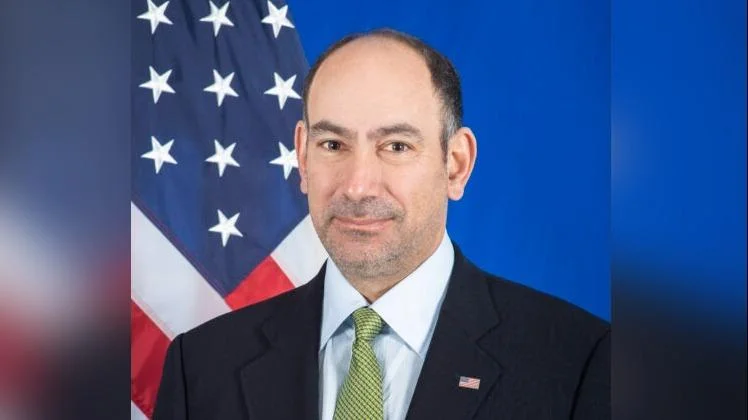President Donald J. Trump has announced an initial trade agreement with China, marking a significant development in the ongoing trade negotiations between the two nations. This agreement aims to reduce tariffs and eliminate retaliatory measures, promoting a path toward free and fair trade.
This deal follows another recent breakthrough with the United Kingdom as part of President Trump's broader strategy to address longstanding trade practices affecting American workers and businesses.
At a press conference in Geneva, Secretary of the Treasury Scott Bessent and U.S. Trade Representative Ambassador Jamieson Greer provided details about the agreement. "We have reached an agreement on a 90-day pause and substantially moved down the tariff levels — both sides, on the reciprocal tariffs, will move their tariffs down 115%," stated Secretary Bessent. He also noted China's increased engagement on the fentanyl crisis: "The upside surprise for me from this weekend was the level of Chinese engagement on the fentanyl crisis in the United States."
Ambassador Greer emphasized collaboration between China and the U.S. on addressing fentanyl issues: "Both the Chinese and the United States agreed to work constructively together on fentanyl and there’s a positive path forward there." He also expressed optimism about future economic growth: "We are going to have our economy continue taking off as we put structure around these negotiations."
Secretary Bessent highlighted various aspects of the negotiations during television appearances. On negotiations, he remarked, "It was always respectful. We had the two largest economies in the world. We were firm — and we moved forward." Addressing non-tariff barriers, he discussed efforts to combat what he referred to as 'China shock': "There’s something called the ‘China shock,’ which has gutted our manufacturing sector."
He also addressed supply chain concerns: "Bringing back our important strategic industries can be a result of tariffs, but it’s also a result of national will." Reflecting on past agreements, Bessent criticized previous administrations: "In January 2020, President Trump produced a template — we had an excellent trade agreement with China, and the Biden Administration chose not to enforce it."
This new deal represents an effort by both countries to stabilize economic relations and address key issues affecting global trade dynamics.

